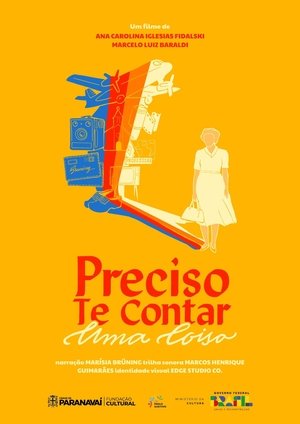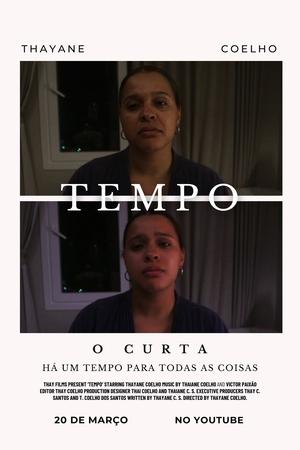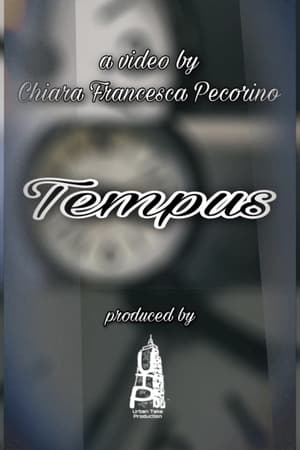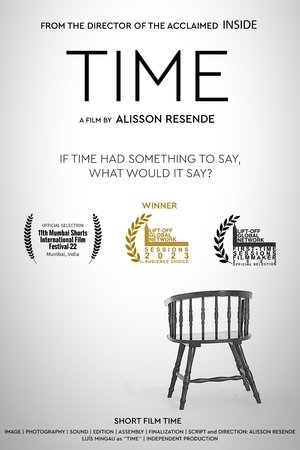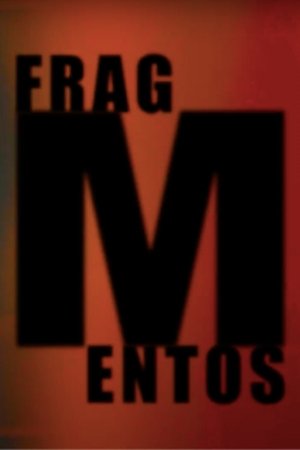

A Terra E O Tempo - Vozes Do Quilombo(2013)
Movie: A Terra E O Tempo - Vozes Do Quilombo
Top 1 Billed Cast
Self

A Terra E O Tempo - Vozes Do Quilombo
HomePage
Overview
Release Date
2013-09-01
Average
0
Rating:
0.0 startsTagline
Genres
Languages:
PortuguêsKeywords
Similar Movies
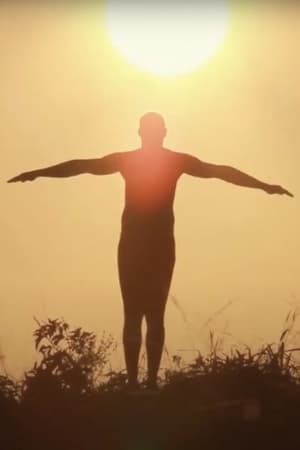 0.0
0.0Caixa D'Água: Qui-Lombo é Esse?(pt)
The documentary "Caixa D'água: Qui-lombo is this?" It reports, through testimonies from former residents and photographic collections, the importance in the cultural and historical scope of the Getúlio Vargas neighborhood located in Aracaju, capital of Sergipe. Emphasis is placed on black culture and the presence of black slaves and their descendants, with the rescue of issues related to their origin, orality, geographical location and awareness of their racial identity, showing that, although this community exists in an urban area, it still maintains many aspects of the quilombo life of the former black slaves in Brazil.
 0.0
0.0Serrote do Gado Brabo(en)
Documentary realized in the Quilombola community Serrote do Gado Brabo, Pernambuco. Here are their stories and struggles.
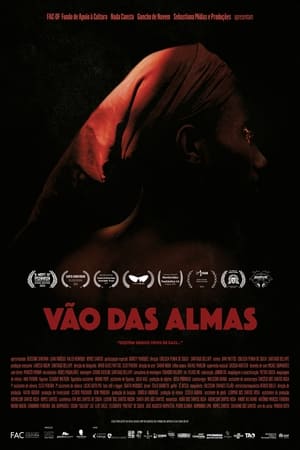 0.0
0.0Valley of Souls(pt)
A black family tries to defend their land against invaders but gets caught between a mischievous witch and a tortured spirit eager for revenge.
 0.0
0.0Dear, Matilda(pt)
This short film is an in-depth exploration of a young adult's personal relationship with his inner child, transcending the limitations of verbal dialogue to communicate through powerful visual elements. The narrative develops like cinematographic poetry, revealing the complexity of emotional experiences that often remained to verbal expression. Through these visual sequences we are taken on an introspective journey that explores the recesses of the creative mind and the complexities of emotional experiences that often remain inarticulate.
 10.0
10.0Triz Time(pt)
Miguel and his friend build what could be the first time machine. The device is designed to send a small object a few minutes into the future—but before the final test, another object unexpectedly arrives from the future. The two young scientists disagree and must face the dilemma of whether to send the artifact back or keep it in the present, in order to prevent a quantum and personal catastrophe.
 0.0
0.0Just Passed...(xx)
A worker tries not to lose his mind completely with his routine and a light that prowls around his house in the early hours of the morning.
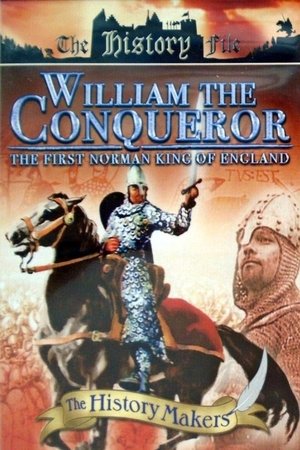 0.0
0.0William the Conqueror: The First Norman King of England(en)
It was on the bloody battlefield of Hastings in 1066 that William, Duke of Normandy, defeated and killed the gallant but battle-weary Harold II of England. From that day on, England would never be the same: uprisings in the north were mercilessly crushed and a new ruling class of Norman barons was gradually established. This programme paints a unique portrait of a man who was at once a great warrior and a ruthless poliotician and statesman. Architect of the Domesday book and builder of countless beautiful churches and castles, William the Conqueror's reign truly shaped the future of the nation.
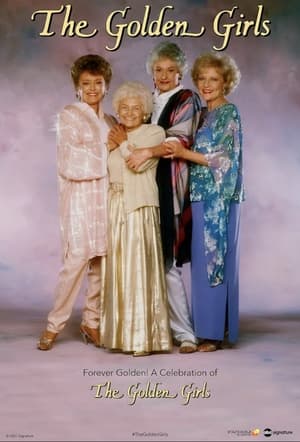 9.8
9.8Forever Golden! A Celebration of the Golden Girls(en)
Celebrate The Golden Girls with a special screening of some of the most memorable episodes from the series. Featured episodes include: The Competition, It’s a Miserable Life, The Sisters, Scared Straight, Sisters of the Bride, The Case of the Libertine Bell.
 7.1
7.1Nanook of the North(en)
This pioneering documentary film depicts the lives of the indigenous Inuit people of Canada's northern Quebec region. Although the production contains some fictional elements, it vividly shows how its resourceful subjects survive in such a harsh climate, revealing how they construct their igloo homes and find food by hunting and fishing. The film also captures the beautiful, if unforgiving, frozen landscape of the Great White North, far removed from conventional civilization.
 6.9
6.9Olympia: Part One – Festival of the Nations(de)
Commissioned to make a propaganda film about the 1936 Olympic Games in Germany, director Leni Riefenstahl created a celebration of the human form. This first half of her two-part film opens with a renowned introduction that compares modern Olympians to classical Greek heroes, then goes on to provide thrilling in-the-moment coverage of some of the games' most celebrated moments, including African-American athlete Jesse Owens winning a then-unprecedented four gold medals.
 6.7
6.7Olympia: Part Two – Festival of Beauty(de)
Commissioned to make a propaganda film about the 1936 Olympic Games in Germany, director Leni Riefenstahl created a celebration of the human form. Where the two-part epic's first half, Festival of the Nations, focused on the international aspects of the 1936 Olympic Games held in Berlin, part two, The Festival of Beauty, concentrates on individual athletes such as equestrians, gymnasts, and swimmers, climaxing with American Glenn Morris' performance in the decathalon and the games' majestic closing ceremonies.
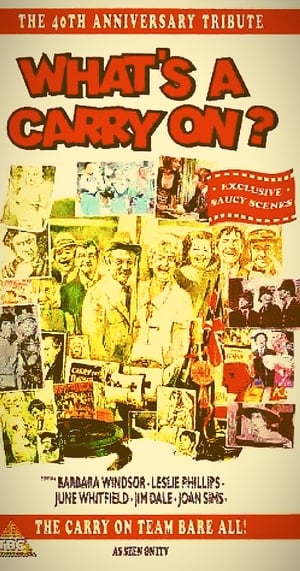 7.8
7.8What's a Carry On?(en)
Documentary commemorating the 40th anniversary of the 'Carry On' comedy film series. Archive clips and out-takes are mixed with interviews with the cast.
